Please Note:
This is the 2023 programme. The 2024 programme will go live in October, and bookings will take place from January 2024.


Please Note:
This is the 2023 programme. The 2024 programme will go live in October, and bookings will take place from January 2024.
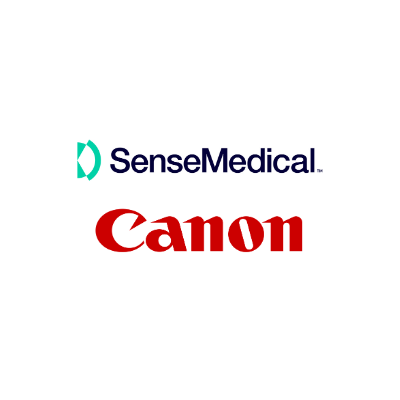
)


.jpg)

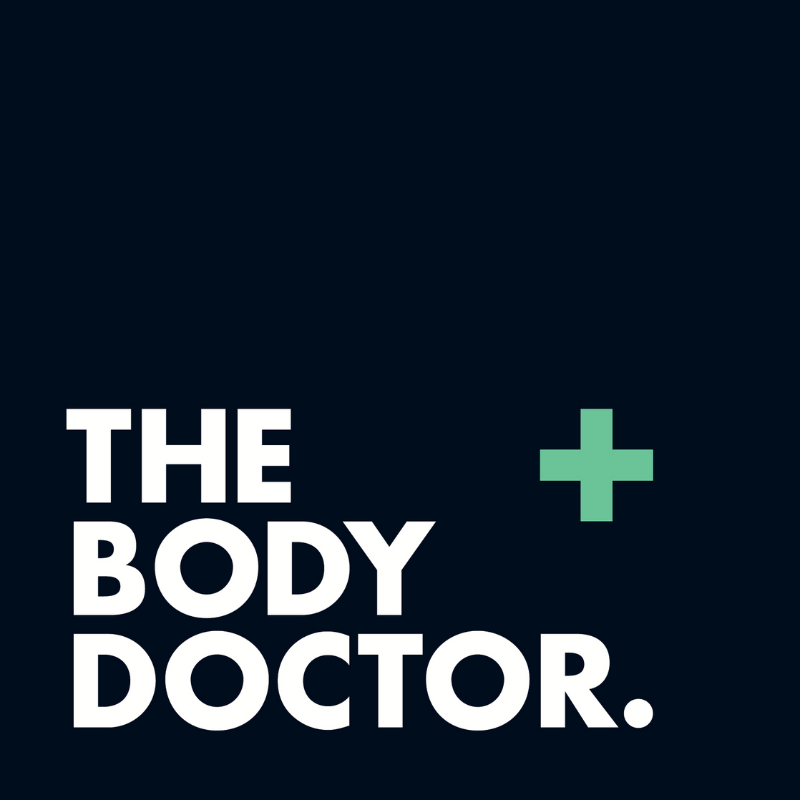
)
)
)
.png/fit-in/1280x9999/filters:no_upscale())
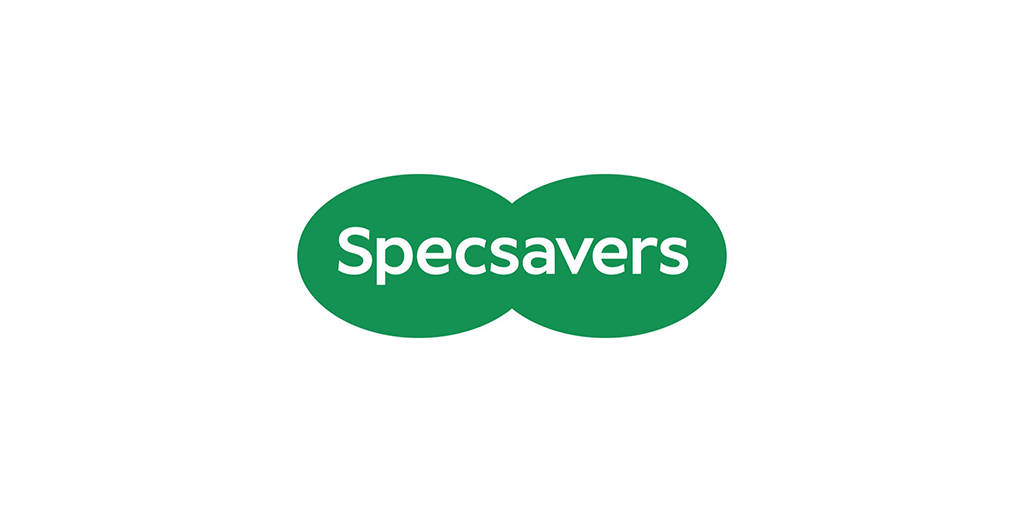
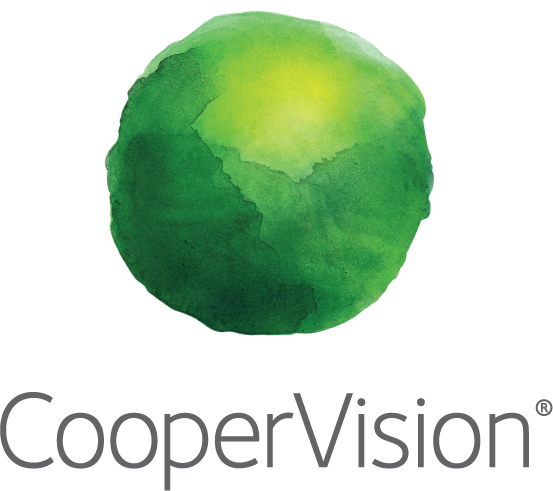
)
)
)
)
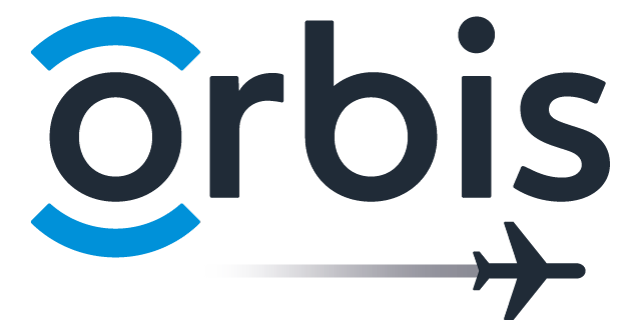
)
)
)
.png/fit-in/1280x9999/filters:no_upscale())
.jpg/fit-in/1280x9999/filters:no_upscale())
)
.jpg/fit-in/1280x9999/filters:no_upscale())
)
)
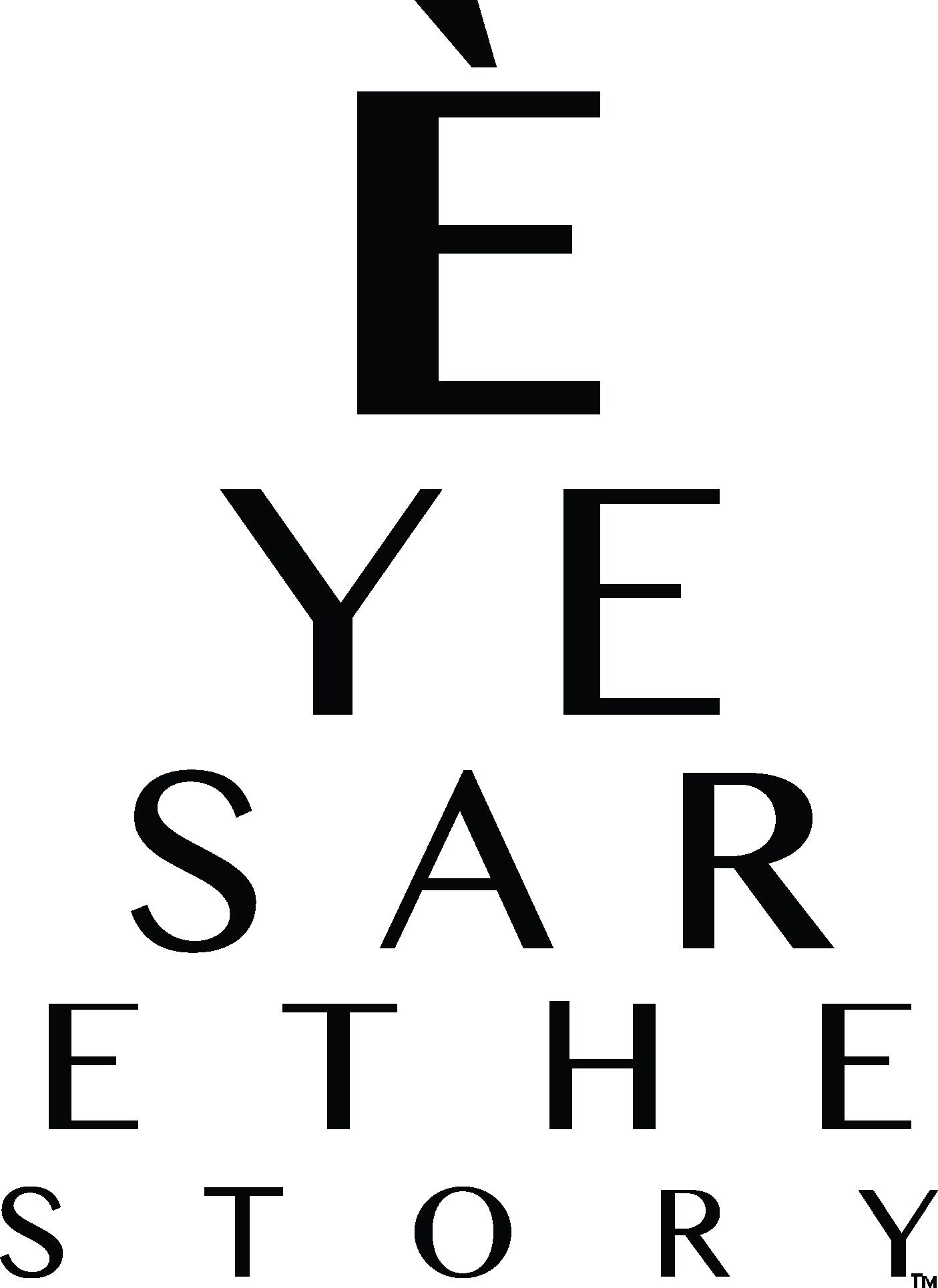
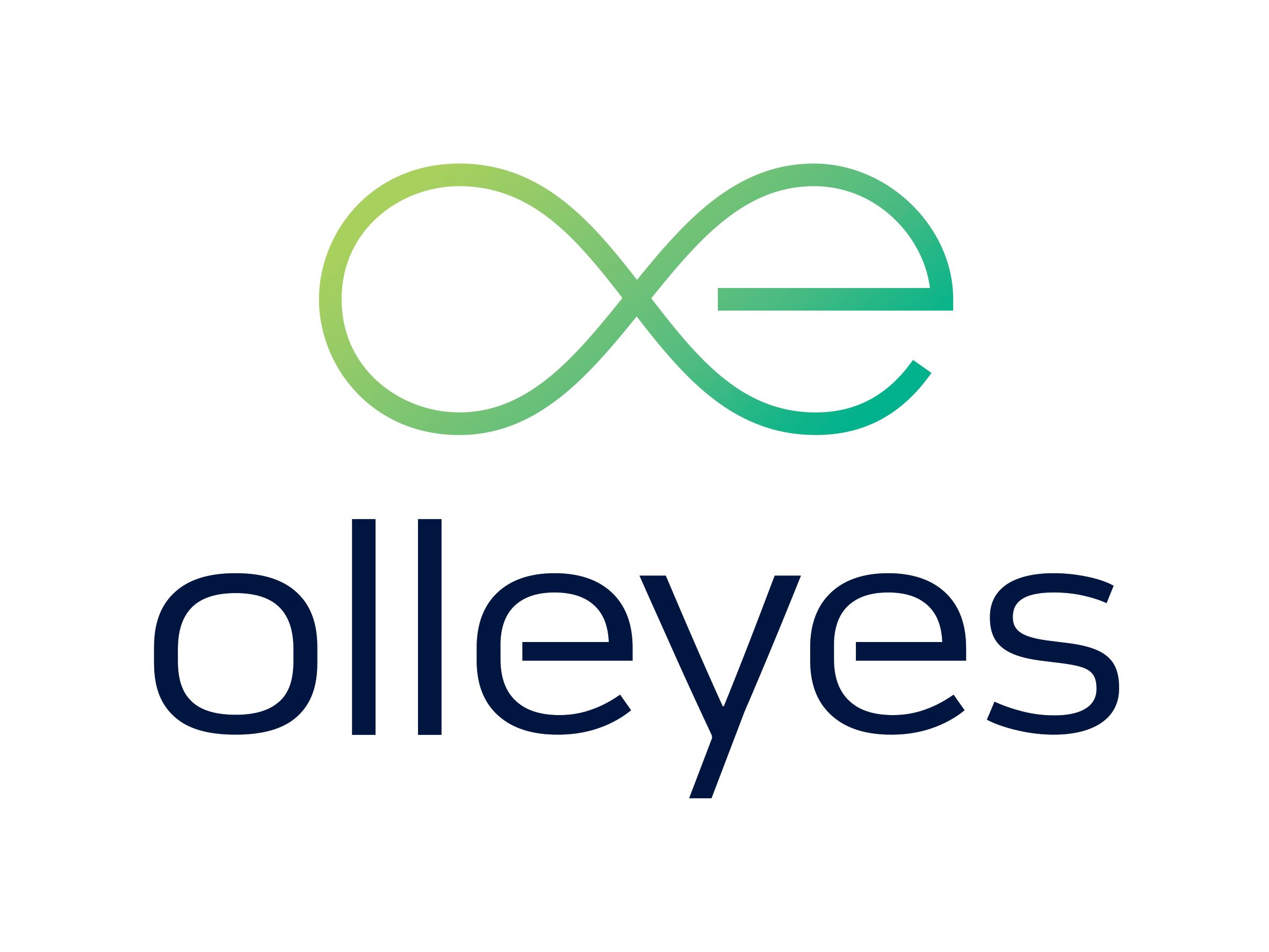
.png)
)
)
)
.jpg/fit-in/1280x9999/filters:no_upscale())
)
)
.jpg/fit-in/1280x9999/filters:no_upscale())
)
)
)
)
)
)
)
.jpg/fit-in/1280x9999/filters:no_upscale())
)
)
.jpg/fit-in/1280x9999/filters:no_upscale())
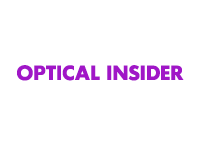
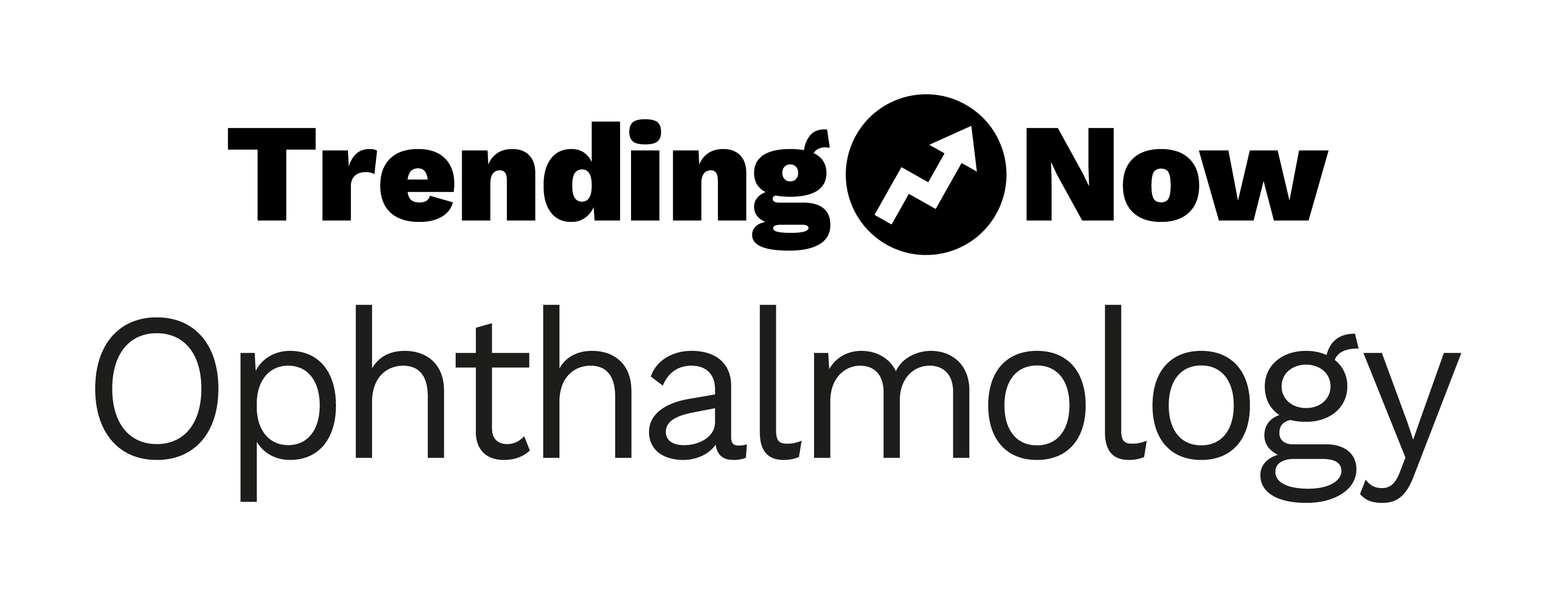
)
)